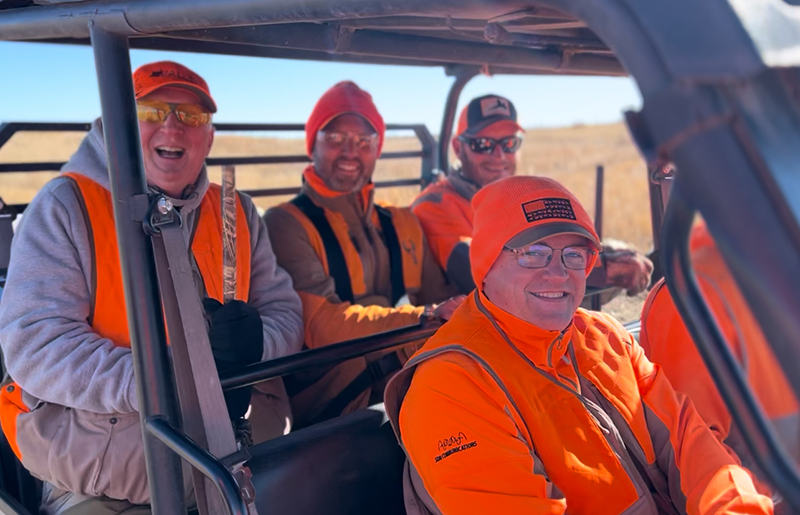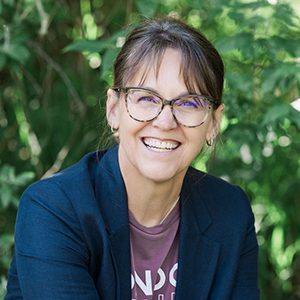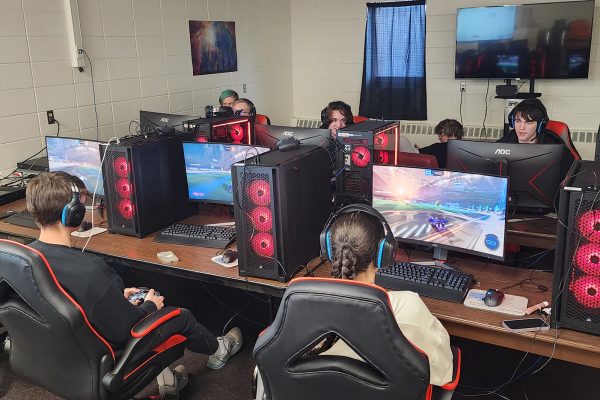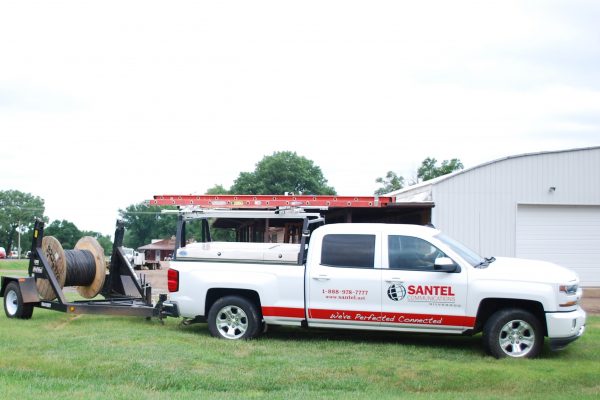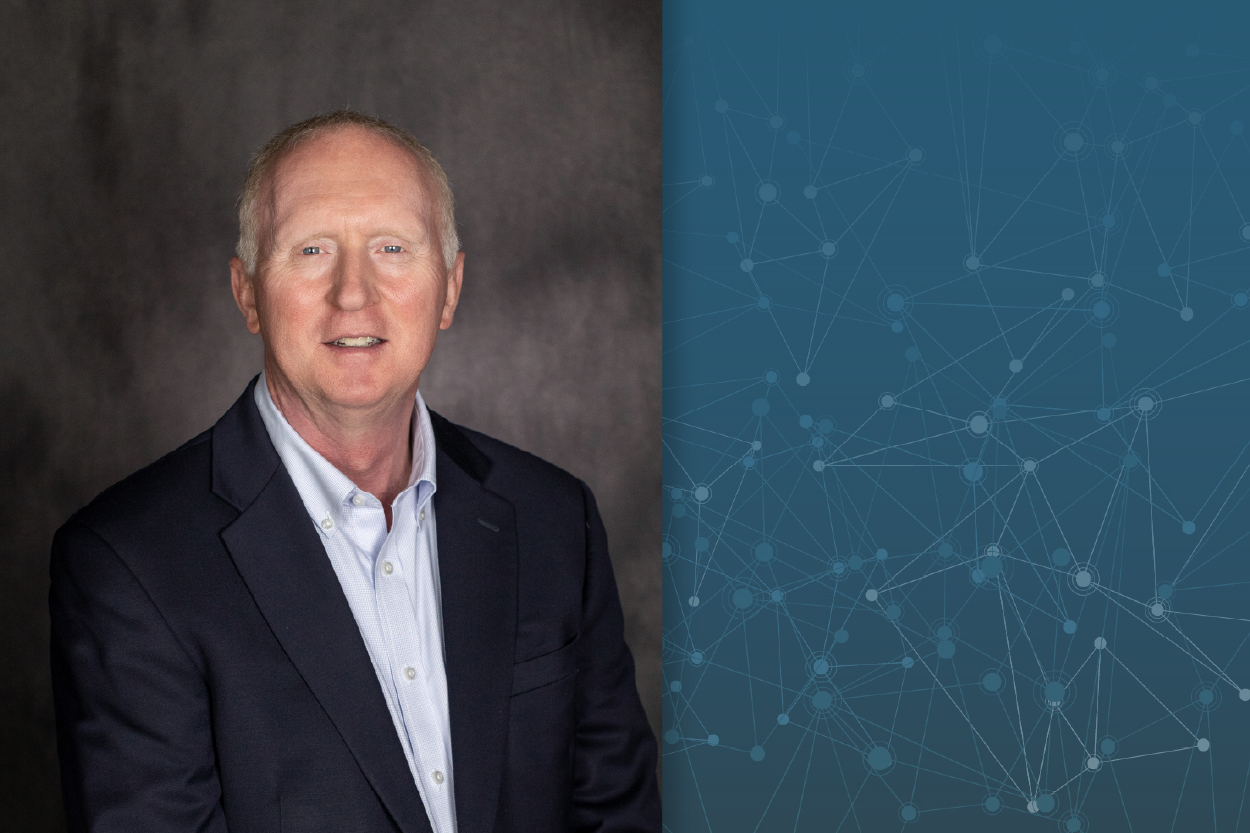
Anyone looking for Denny Law in the next few years should probably look to the road.
Law, the CEO of Golden West Telecommunications in Wall and president of the SDN Communications Board of Directors, officially retires from both positions May 9. One of the things he most looks forward to doing in his retirement is traveling with his wife, Bonnie, in their pickup camper. They want to explore the Pacific Northwest, the Southwest … and everywhere in between.
“It’s fun to go to those places … that are off the beaten path. That’s what we look for,” he says. “I do not want to drive on the interstate. I like to take those two-lane roads.”
Although retirement is heavily on his mind nowadays, Law isn’t afraid to admit that he will miss his work and the people in it. After all, he’s been deeply involved in the telecommunications industry for the past 30 years. His work has impacted people across the state and his retirement will be felt by all.
“Denny has played such a pivotal role over the years in bringing connectivity to people in South Dakota,” says Ryan Punt, CEO of SDN Communications. “And his work on the SDN Board has been crucial. We will miss him both as a colleague and a friend.”

A start in journalism
Originally from Clear Lake, Law attended South Dakota State University in Brookings, with plans to pursue a career in journalism. In 1987, he graduated with a degree in broadcast journalism.
Law worked in radio in both Aberdeen and Sioux Falls before landing a gig with Minnesota Public Radio, stationed in Sioux Falls, in 1988. While he enjoyed the work, Law says he began to question whether journalism was something he wanted to do long-term. To pursue his career in bigger markets meant he would have to move away from South Dakota. That’s not something he wanted to do.
Fortunately, he had friends launching a long-distance telephone company at the time. “So I joined them,” he says. That was his first foray into the telecommunications world and it felt like a good fit for him. That company, TCIC, saw multiple evolutions, partnering with other companies and eventually being sold.
In 1997, Law took a major step into the telecommunications industry when he accepted the role of general manager of Sioux Valley Telephone Company in Dell Rapids. It felt like the right move at the right time, he says. “I enjoyed the tech side of it … I enjoyed the consumer side of it,” he says. “And when I looked down the road, I knew this was a needed and necessary service.”
At the time he joined Sioux Valley Telephone, it was partially owned by Golden West Communications. In 2003, Sioux Valley became 100% owned by Golden West in a planned consolidation. Golden West acquired several other companies at this time as well, including Union Telephone in Hartford and companies in Kadoka, Bridgewater, Canistota and Armour.
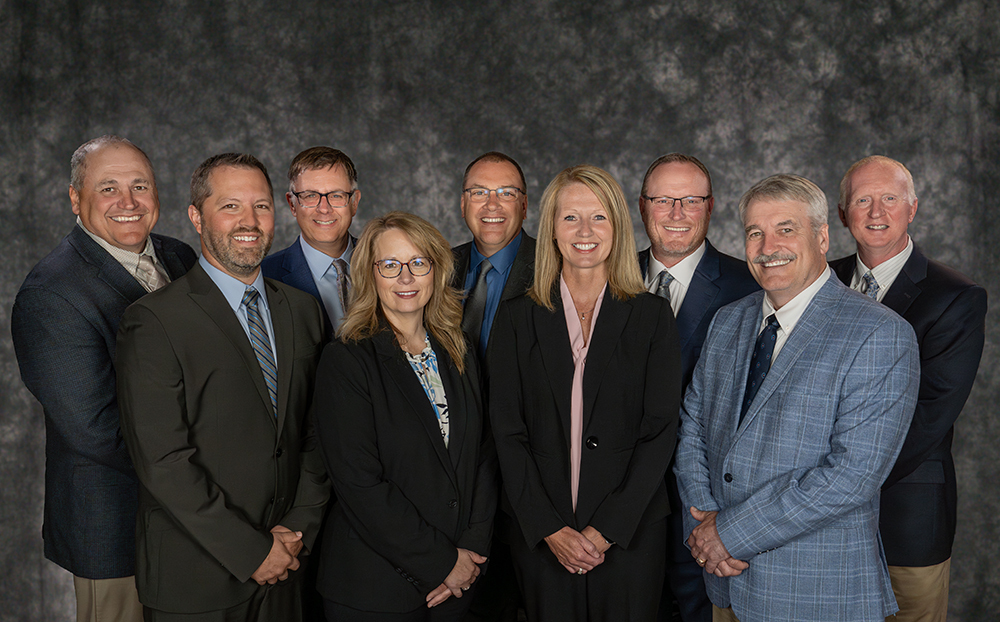
With Golden West expanding its territory, Law was then named Regional Manager for Golden West.
Law served as regional manager for the next five years before being promoted to CEO of Golden West in 2008. He’s been in that position ever since, putting in an impressive 28 years total with Golden West. Law joined the SDN board that same year, becoming the President of the board in 2019.
Today, Golden West provides telecommunications services to ⅓ of the state’s geography and is also SDN’s largest member-owner company.
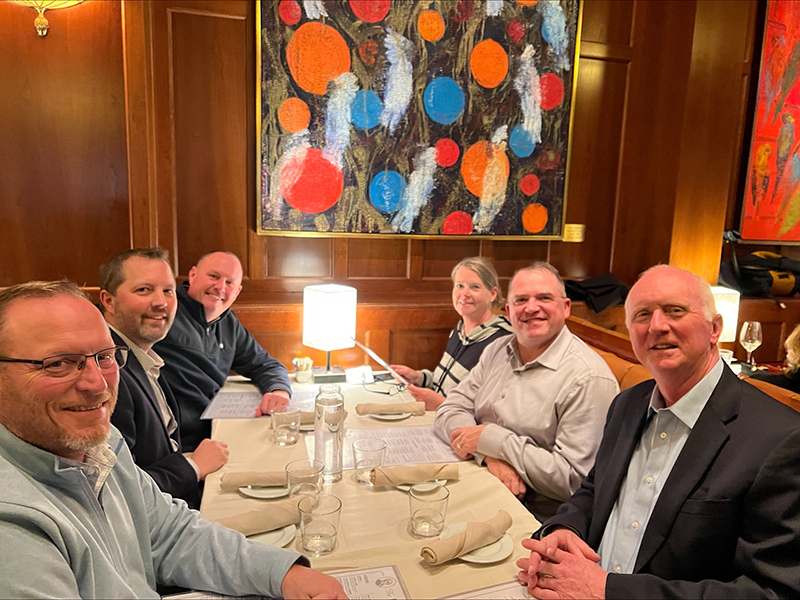
Changing world
While every industry evolves as time passes, perhaps few industries have seen the level of change that telecommunications has. When Law started, there was no internet. People didn’t carry cell phones in their pockets and “Googling” something was a phrase yet to be invented.
“Just how the internet has become woven into the fabric of daily life … has been an incredible transformation to see,” he says.
The ability to provide services at faster and faster speeds has also been a stunner, he says. “You couldn’t have told me in 1994 and the days of dial-up that we’d be providing gig plus services to homes now. Who thought about that kind of bandwidth in those days,” he says. “Technology has changed so much and is always going to change.”
“I also would have never anticipated the depth of mobile device penetration that is now a given. Back in the day, you had X number of minutes on your cell phone and you guarded those minutes with your life.” Now, people use their phones less to talk and more as “portable data devices,” he says. “And my kids and all future generations will never know any different.”
While so much has changed in the past 30 years, much more is yet to come, Law says. The technology, the way people use the technology, the hardware involved, all of it will continue to evolve.
“The easy prediction is that this technology will continue to change. The more difficult prediction is what will our consumers … how will their usage of the technology change,” he says. “What are the applications that our customers will want in the coming years? And how do we evolve?”
Looking forward to retirement
While retirement feels like a wonderful gift, Law admits he will miss many aspects of his work. Especially the people.
“The telecommunications industry, specifically the rural industry and more specifically the South Dakota telecommunications, is an absolutely fabulous group of individuals to do business with,” he says.
South Dakota’s rural broadband industry is less about competition and more about cooperation - doing whatever it takes to ensure that the consumers in the state have the very best services. “There’s a spirit of cooperation I think that is unlike any other business,” he says. “None of us do it alone.”
“We have always found a way to come together … and solve this state’s and this region’s technology needs,” he says.
That kind of atmosphere has made his work especially meaningful. “How lucky am I that I got to work with a company I love and the people … that are world-class in terms of talent and capabilities?” he says.
“This has been an incredibly rewarding field and company to work for … but it has been somewhat all-consuming for years,” he says. “I now have two adult sons - Andrew and Nathan - and I want to spend more time with them, give back to the community in some form and travel.”
“I will miss the work and the people, but I’m excited for what’s to come.”
